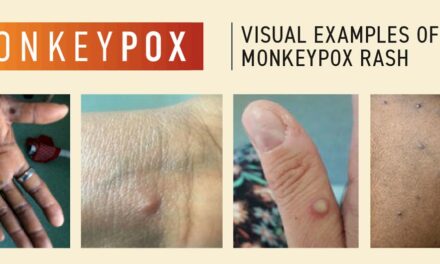A Study on Maternal Mortality and COVID-19 Shows Barriers in Critical Access for Pregnant Women

Montevideo, May 12 2022 (PAHO) – One in three pregnant women with COVID-19 who should have had access to an intensive care unit during the first two years of the pandemic failed to receive critical care, according to a collaborative research led by the Pan American Health Organization (PAHO) in eight Latin American countries and recently published in the Lancet Regional Health – Americas.
The study, carried out by PAHO’s Latin American Center for Perinatology, Women’s Health and Reproductive Health (CLAP), is the largest to date worldwide and is based on 447 cases in Bolivia, Colombia, Costa Rica, Dominican Republic, Honduras, Ecuador, Peru and Paraguay.
The research highlights “the importance of joining efforts to increase the early detection of severe COVID-19 in pregnant women in the region, and to provide evidence-based advice for public policies to protect them,” CLAP Director Suzanne Serruya said.
The study found that 35% of the studied pregnant women who died from COVID-19-related causes were not admitted to intensive care. The average maternal age was 31, and about half of those who died were obese.
Among the women studied, 86.4% were infected before childbirth, and most cases (60.3%) were detected in the third trimester of pregnancy. At first hospital admission, the most frequent symptoms among the women were dyspnea (73%), fever (69%), and cough (59%). In addition, organ failure was reported in 90.4% of cases upon admission, and 64.8% were admitted to critical care where they remained for an average of eight days.
In most cases death occurred during the postpartum period – six weeks after childbirth – with an average of seven days between childbirth and death. Preterm delivery was the most frequent perinatal complication (76.9%) and 59.9% of the children were born with a low weight.
The authors emphasize the importance of prioritizing pregnant women for COVID-19 vaccines, as they are a high-risk group. “Although recent data suggests a decline in maternal deaths from COVID-19 in the region, women are still dying from it, and vaccination is the main tool to reduce severe complications and deaths from this disease,” said Bremen de Mucio, PAHO Regional Maternal Health Advisor and one of the lead authors of the study.
“Unfortunately, we have observed inequity in the distribution of vaccines globally, and pregnant women continue to have lower vaccination rates than the general population,” added Mercedes Colomar, another lead author of the study.
PAHO has been monitoring the impact of COVID-19 in pregnant women since the beginning of the pandemic. According to data obtained from 24 countries in 2021, compared to figures reported in 2020, there was an increase in both the number of cases and deaths due to SARS-CoV-2 among pregnant women. Several factors may explain the numbers, including variations among countries in surveillance systems, surveillance approaches as the pandemic evolves, immunization strategies and availability of vaccines for pregnant women, overloaded health services, and barriers in access to specialized care.
Links:












